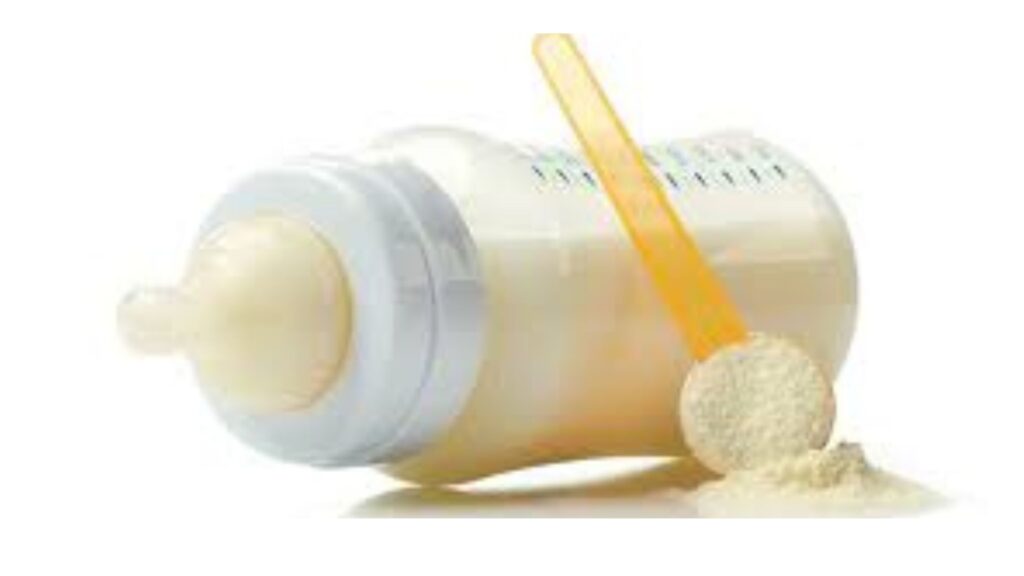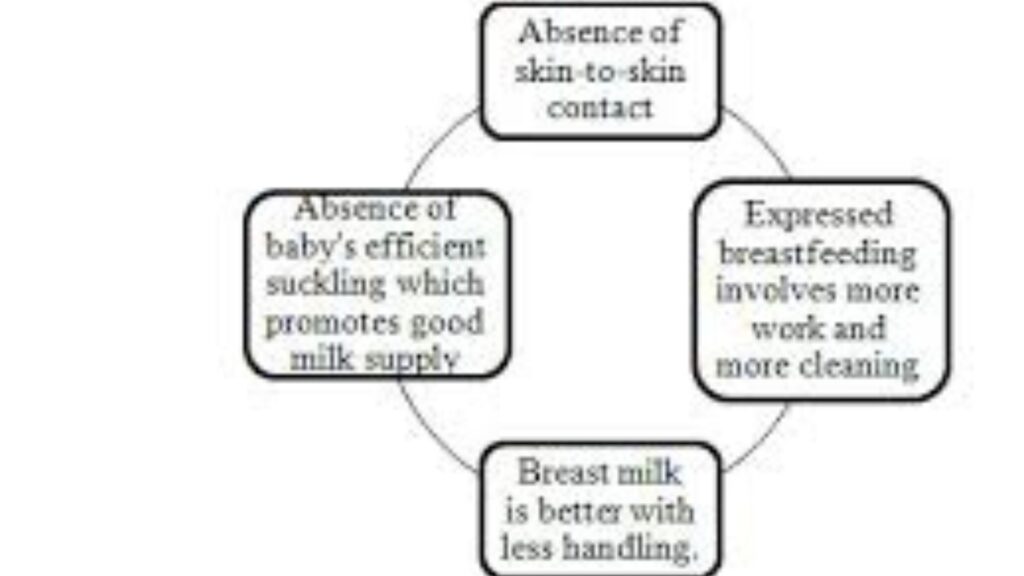Breastfeeding is the best way for a baby to get the nutrition they need to grow. Many mums will experience gas pains and bloating while breastfeeding, but there are other signs that something more serious may be going on. Mothers are not nutritious enough to produce breast milk. So they have to formula feed. Do they have formula feeding guilt? Why are formula companies so successful? They’re not. They’re the babies’ best interests.
I don’t know why I’m even writing this. I’ve been upset for a while and writing it out helps.
I had a friend recently telling me that she was concerned about the quality of breastmilk her baby gets from her. She is an excellent mother. She produces plenty of milk and takes good care of her kids. But apparently, she doesn’t have enough maternal instinct to produce enough breastmilk for her baby, so she has to resort to formula.
It is a common thing everywhere. Mothers aren’t nutritious enough to produce breastmilk, so they have to supplement with formula. It’s not just my friend. There are many mothers like this all over the world.
Why do mothers choose to formula feed?
For some mothers, the choice to formula feed is an easy one. They may not have enough milk supply, they may be returning to work and need the convenience of formula, or they may prefer it over breastfeeding. However, for other mothers, the choice to formula feed is a difficult one. Moms may feel like they need to improve at breastfeeding, they may be pressured by family or friends to formula feed, or they may need to be given all the information about both breastfeeding and formula feeding.
In this blog post, we will explore some of the reasons why mothers choose to formula feed. We will also dispel some of the myths about formula feeding and give you tips on making the best decision for you and your baby. Lack of breastmilk or because of their work, formula feeding guilt has become a part of postpartum depression.
Reasons mothers choose formula milk over their formula feeding guilt

T
There are many reasons why mothers may choose to formula-feed their babies. Some mothers may not be able to produce enough breast milk, while others may not want to breastfeed for personal reasons. The formula can also be a convenient option for working mothers who cannot pump breast milk or nurse during the workday.
Whatever the reason, it is essential to know that plenty of high-quality formulas available can provide your baby with the nutrients they need to grow and thrive. If you are considering formula feeding, talk to your doctor or a lactation consultant to learn more about your options and what might be best for you and your baby. Being a mother, you have the utmost responsibility for your baby’s health, so there is no need to have formula feeding guilt when you formula-feed.
The benefits of formula feeding

There are many reasons why mothers choose to formula-feed their babies, but the most common reason is that it simply makes life easier. The formula is easy to prepare and transport, so it’s convenient for busy moms on the go.
The formula is also a perfectly nutritious option for babies. While breast milk is the best source of nutrition for infants, the formula comes pretty close. Infant formulas are now made with all the essential nutrients that babies need to grow and thrive.
Another significant benefit of formula feeding is that it allows fathers and other caregivers to bond with babies by feeding them. It can be an extraordinary experience for dads and other family members, and it’s something that they can continue to do even when their mom goes back to work or school.
The disadvantages of formula feeding

There are a few reasons mothers might choose to formula feed, but there are also some disadvantages to this feeding method that should be considered.
One disadvantage of formula feeding is that it can be expensive. Most insurance plans do not cover the formula, so parents must pay for it out of pocket. Additionally, formula-fed babies typically need more formula than breastfed babies, so parents may quickly go through a lot of it (and money).
Another disadvantage of formula feeding is that it can be time-consuming. Mixing formula milk in bottles and cleaning them after each use takes up a lot of time, especially if you do it multiple times a day. And if you’re using ready-to-feed or concentrated formula, you’ll still need to wash bottles and nipples after each use.
The formula also requires more preparation than breast milk. You have to ensure the water you’re using is clean and sterile, and then measure out the correct amount of powder or liquid concentrate before mixing it with the water. This extra step can be inconvenient when you’re tired and busy caring for a baby.
Additionally, some babies have trouble digesting formula, which can lead to gas, bloating, constipation, and other gastrointestinal issues. And because formulas contain cow’s milk proteins, they may cause allergies in some babies. If your baby has severe allergies or sensitivities, you may need to find a special hypo.
How to decide on formula feed
The mother’s body can sometimes not produce enough antibodies, enzymes and other nutrients for her baby. It means that the newborn needs these nutrients from a bottle to survive. A mother’s body is also sometimes incapable of producing all the proteins, fats and carbohydrates required by a growing baby. Formula milk contains all these essential ingredients, making it possible for babies to grow, develop and thrive. Formula feeding helps mothers bond with their babies after delivery.
Women need close contact with their newborns after birth to bond with them. With breastfeeding or artificial feeding, this process may take longer than necessary and may even be more manageable. You can give formula feed at home or an institution without being distracted by other visitors or visitors’ children playing around them
The Bottom Line
Formula feeding is a very nutritious and healthy option for your baby. Formula-fed babies have lower rates of sudden infant death syndrome (SIDS), the leading cause of death in young infants. Formula-fed babies are also less likely to be hospitalized with respiratory illness. The formula is also easier to digest, like breastmilk.
The formula is expressed, filtered and pasteurized, making it easier for babies to digest. Breastmilk is expressed and not filtered or pasteurized, which means it can be contaminated with bacteria that can make babies sick. The formula is more affordable than breastmilk. No question that feeding a baby breastmilk is cheaper than feeding him formula—if you compare apples to apples! But if you compare different types of formulas, there’s no denying that some are much more expensive than others. A good mom is a combination of love, care, attention and feeding. So, there is no need to have formula feeding guilt feeling as it is a part of your responsibility.
